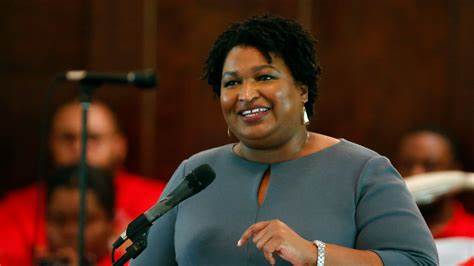(BBR) Baltimore, the largest city in Maryland, has long been known as a hub for industry and commerce. However, in recent years, the city has struggled with crime and a declining population, leading to a less-than-ideal business climate. Enter Brandon Scott, Baltimore's young and dynamic mayor, who is leading efforts to revitalize the city and build it into a regional business powerhouse.
Scott, who was elected in November 2020 at the age of 36, has wasted no time in pursuing his ambitious agenda. He has already implemented a number of measures aimed at making Baltimore more attractive to businesses, including tax incentives for startups and small businesses, investments in infrastructure and transportation, and a focus on education and workforce development.
One of Scott's top priorities has been to increase economic development in the city. To achieve this, he has launched a number of initiatives aimed at attracting businesses to Baltimore and helping existing businesses grow. These include the Baltimore Together Economic Recovery Plan, which seeks to support small businesses affected by the COVID-19 pandemic, and the Baltimore City Anchor Plan, which focuses on strengthening the city's major institutions to drive economic growth.
Scott has also been a strong advocate for investing in the city's transportation infrastructure. He has championed projects like the Red Line, a light rail system that would connect East and West Baltimore, and has pushed for improvements to the city's bus system. These efforts are aimed at making it easier for businesses to move goods and people in and out of Baltimore, and to create a more livable city for residents.
In addition to these economic and infrastructure initiatives, Scott has made education and workforce development a top priority. He has launched a number of programs aimed at providing training and job opportunities for Baltimore residents, including the YouthWorks summer jobs program and the Baltimore City Community College apprenticeship program. These efforts are aimed at creating a more skilled and productive workforce, which in turn will make Baltimore more attractive to businesses.
The results of Scott's efforts are already beginning to show. In 2021, Baltimore was ranked as the second-best city for startups in the United States by Inc. magazine, citing the city's low cost of living, strong entrepreneurial ecosystem, and supportive government policies. The city has also seen a surge in venture capital investment, with startups raising a record $545 million in 2021, up from just $20 million in 2015.
But Scott knows that there is still work to be done. Baltimore faces significant challenges, including a high crime rate and a struggling public school system. However, he is committed to addressing these issues head-on, and to building a brighter future for Baltimore and its residents.
In conclusion, Mayor Brandon Scott is leading the charge to build Baltimore into a regional business powerhouse. Through his ambitious economic, infrastructure, and workforce development initiatives, he is creating a more attractive and livable city for businesses and residents alike. While there is still much work to be done, Scott's vision for Baltimore is an inspiring example of what can be achieved when leaders prioritize economic growth and invest in their communities.









